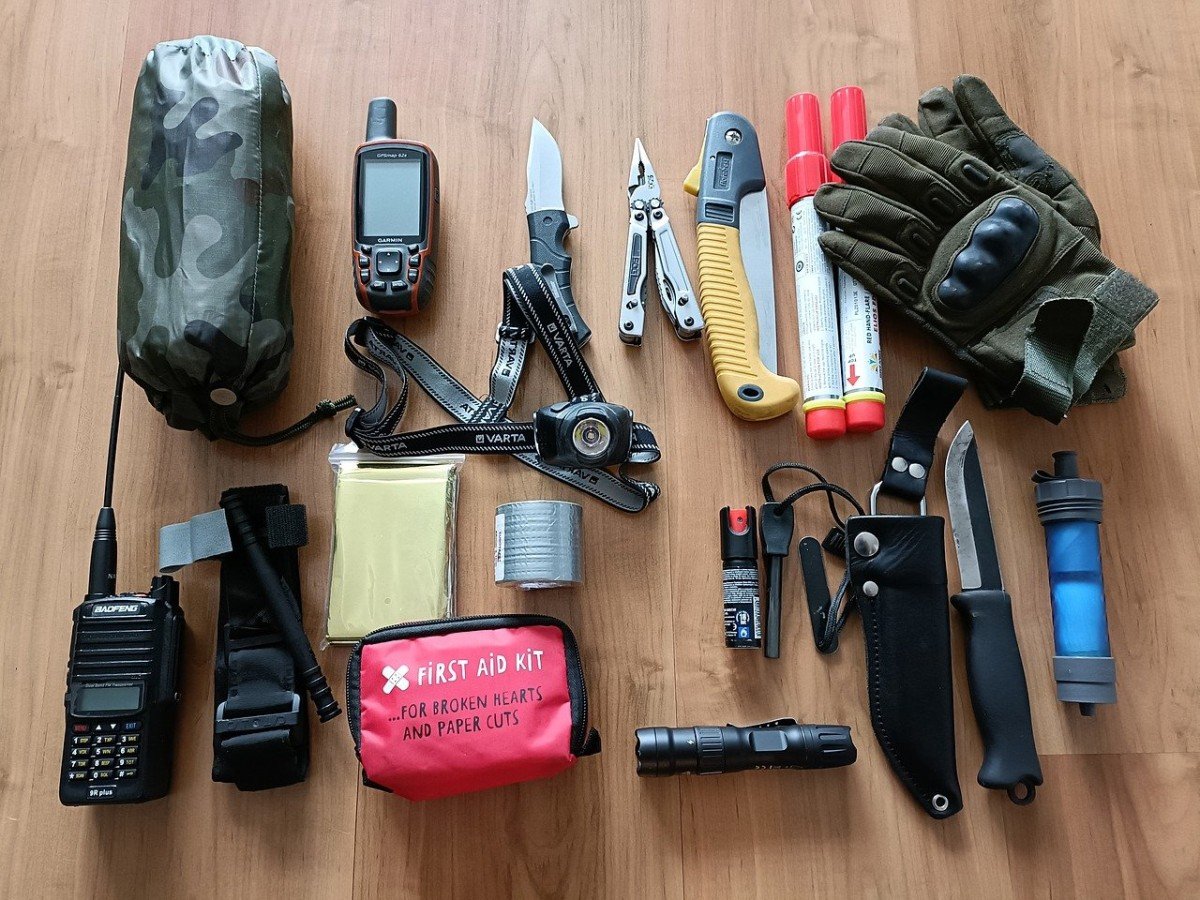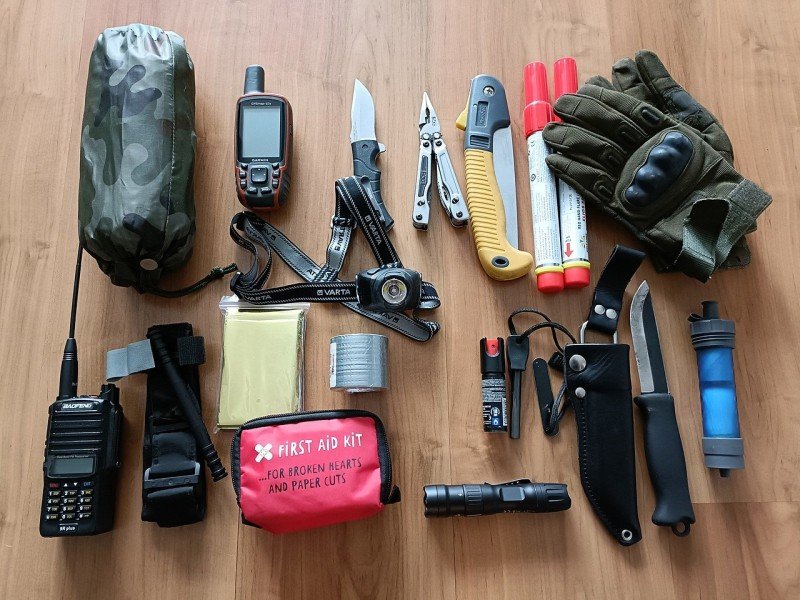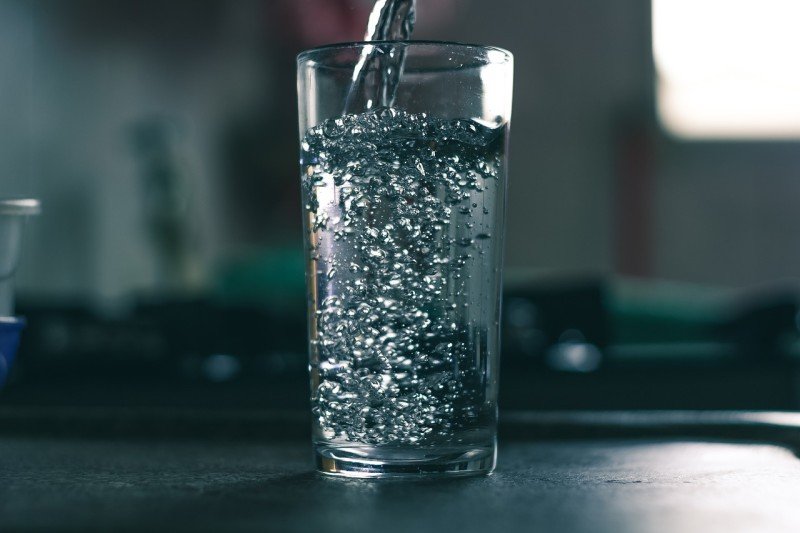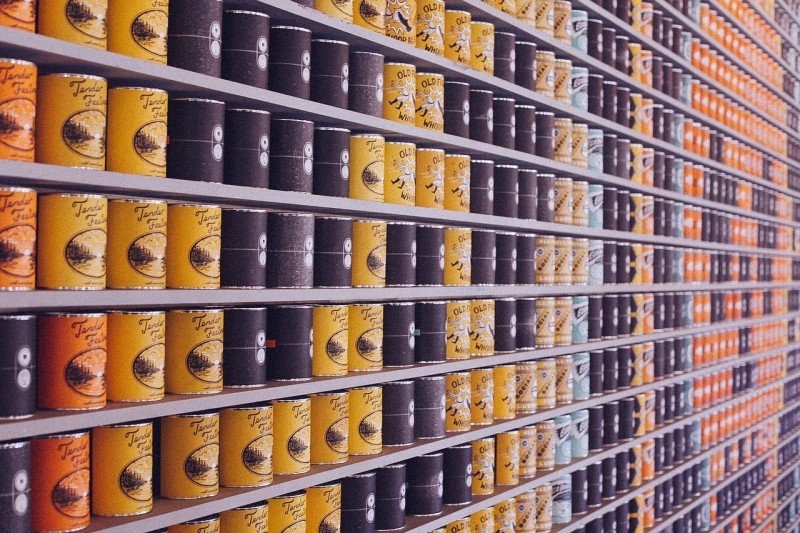When it comes to prepping, having the right tools can make all the difference. You want items that are not just useful but also reliable and easy to use. Here’s a rundown of essential tools that every prepper should consider adding to their supplies kit.
1. Multi-tool
A good multi-tool is a must-have. It combines several functions into one handy device, allowing you to tackle various tasks without packing tons of different tools. Look for models with features like pliers, knife blades, screwdrivers, and can openers.
2. First Aid Kit
Safety first! A well-stocked first aid kit is crucial for any prepper. Make sure it includes bandages, antiseptics, pain relievers, and any personal medications you or your family might need. Regularly check and replenish it to keep it ready for emergencies.
3. Portable Water Filter
Clean water is essential for survival. Investing in a portable water filter can ensure you have access to safe drinking water, no matter where you are. Look for filters that remove bacteria and viruses, and opt for lightweight options that are easy to carry.
4. Flashlight and Extra Batteries
When the lights go out, a reliable flashlight can be a lifesaver. Choose a bright, durable flashlight, and don’t forget to pack extra batteries. Consider getting a solar-powered version too, so you won’t have to worry about running out of power.
These tools form a solid foundation for your prepper kit. They’re practical, lifesaving items that will help you stay prepared for whatever challenges may come your way.
Food Storage Solutions You Can Trust
When you're building your prepper supplies kit, reliable food storage solutions are a must. After all, you want to ensure your food stays fresh and safe for when you really need it. Let’s dive into some effective options that will keep your food well-protected.
First up, consider vacuum sealers. These handy gadgets remove air from bags before sealing them, which helps prevent freezer burn and spoilage. They’re perfect for storing meats, veggies, and even dry goods. You can buy rolls of bags in different sizes, so you can customize how much you’re sealing up. Plus, it’s super satisfying to see everything neatly packed away!
Another great option is quality food storage containers. Look for BPA-free ones that are airtight. Glass containers are great because they’re durable and don’t retain smells or stains. They come in all sizes, making them perfect for everything from leftovers to bulk grains. They’re also microwave and dishwasher-safe, which adds to the convenience.
Lastly, don’t overlook mylar bags with oxygen absorbers. These bags are ideal for long-term storage of dry foods like rice, beans, and grains. The oxygen absorbers help keep your stash fresh for years. Just make sure you label everything with the date so you know when to rotate your supplies.
Water Purification Basics You Should Know
Water is life, and having clean, safe drinking water is essential for any prepper. Whether you’re preparing for natural disasters, pandemics, or simply want to be ready for anything, understanding the basics of water purification can make a big difference. Let’s break it down into easy-to-understand parts!
First off, it's good to know the different methods you can use to purify water. Here are a few common ones:
When choosing a purification method, consider what you’re preparing for. If you’re going off-grid or camping, lightweight options like filter straws or UV purification might be best. For emergency situations at home, having a reliable filtration system or boiling water method at the ready can tie you over until you have access to fresh water again.
Finally, don’t forget to store your water safely! Make sure to keep it in clean, food-grade containers. It’s always smart to have a backup supply, so you never run out in a crunch. Establishing a good water purification plan can help you feel more secure and self-sufficient, ensuring you have what you need when it really counts.
First Aid Gear for Emergencies
When it comes to prepping, having a solid first aid kit is a must. Emergencies can happen at any time, and being prepared can make all the difference. A well-stocked first aid kit not only helps you tackle minor injuries but can also provide crucial support during serious situations.
Here are some essentials every first aid kit should include:
Don’t forget to include specific items based on your needs, such as any personal medications, allergy treatments, or even a CPR face shield. It's also a smart idea to familiarize yourself with basic first-aid techniques. You don’t have to be a medic to help someone in need, but knowing what to do can really boost your confidence in a crisis.
Regularly check your first aid kit and replace any used or expired items. Keeping your gear up-to-date ensures you’re ready when you need it most. Make it a part of your regular prepper routine! By being prepared, you can not only look out for yourself but also for those around you during emergencies.



